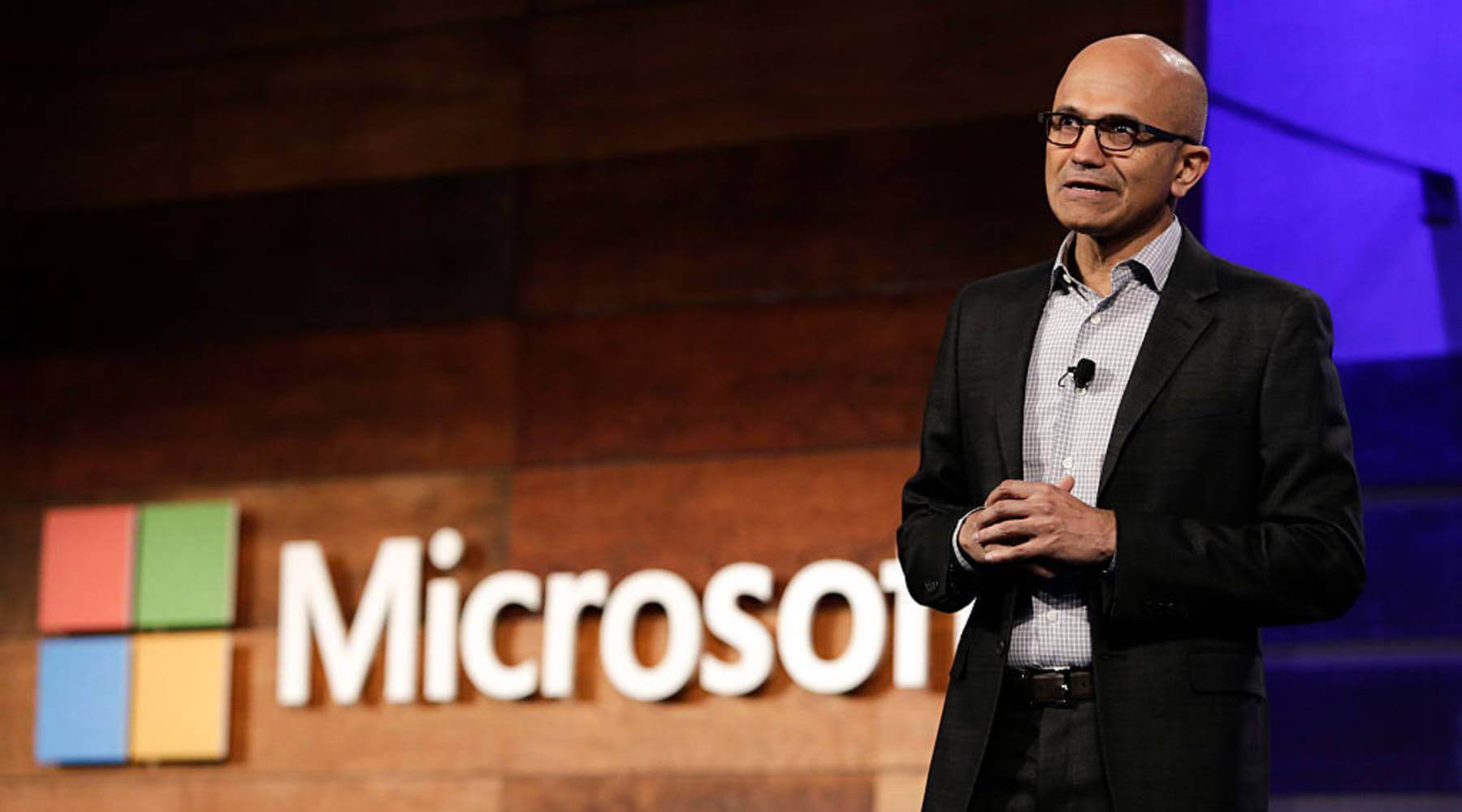As a user first of Mosaic and then of Netscape, I was not alone in seeing the arrival of Microsoft’s Internet Explorer back in 1995 as an attempt by a company that had completely underestimated the importance of the internet, that had seen the emergence of the Netscape phenomenon, to use the dirty trick of bundling it into the operating system which at that time dominated computing so as to dominate the market. I witnessed firsthand the downfall of Netscape while living in the United States, resisted it for a long time, and saw how the market ended up going where Microsoft wanted it to go, thus elevating Internet Explorer, a mediocre browser, to absolute monopoly: 95% market share. The story has been told in the browser wars chronicles, and the subsequent United States vs. Microsoft is still the textbook case of product bundling.
Geeks of a certain age like myself will still remember those bittersweet days. Microsoft, a company that had played an important role in the expansion of computing and had stolen the mighty IBM’s breakfast from under its nose, was now breaking bad and undermining the very essence of the internet — its openness and compatibility — with a browser it used to impose closed and proprietary standards. Internet Explorer was attacking the universality of the Internet, in a way that reflected how Microsoft believed that the rules didn’t apply to it and could do whatever it wanted without fear of consequences.
The arrival of Firefox in 2004, with that double-page ad in The New York Timesthat I personally helped pay for (yes, my name is there! 🙂 was a real breath of fresh air in the internet landscape Microsoft was fighting so hard to dominate, and that it lost due to its unsustainable strategy and Steve Ballmer’s terrible mismanagement after Bill Gates left. I remember how Internet Explorer, which for me had always been the bad guy, continued to call the shots while I joined the small band of brothers using Firefox. I became an evangelist for the Mozilla Foundation, telling my students about Firefox and writing countless articles. Fortunately, the browser landscape began to open up, aided by the launch of Chrome by a Google which at that time was still doing no evil.
Today, Internet Explorer remains a relic of what the internet should never have been, a browser only used in corporate environments anchored in the past. Internet Explorer is a good indicator of obsolescence: if it is still installed in your company and there are applications that can only be used with this vestige of the past, do yourself the favor of calling for your entire IT department to be sacked, leave prehistory behind and move to the present as soon as you can. There is no, absolutely no valid justification for using Internet Explorer.
There’s a poetic justice about the fact that a very different Microsoft has finally decided to replace the cursed Explorer with a Chromium-based Edge, a poetic justice that says a lot about Satya Nadella’s leadership style and his ability not only to understand the technology landscape, but also to change and correct the course of a company. Let’s hope the bad old days are behind it for good.





























